As of 2022, the UK currently recycles 71% of container glass (such as bottles and jars), according to Recycle Now. There’s a goal to increase this to 90% by 2030. Recycling glass is one of the most simple, easiest ways of reducing our carbon footprint. In turn, you can minimise the negative impact that waste-to-landfill has on the planet.
Glass recycling is incredibly sustainable and cost-effective, so why don’t we recycle this material more often? We’ll be discussing the importance of glass recycling, how it’s done and the benefits that could be reaped as a result.
C
Why is it important that we recycle glass?
Glass can be recycled an infinite number of times without compromising on quality. Therefore, it’s an incredibly responsible, eco-friendly way of disposing of glass waste. Otherwise, it would end up in landfill, which damages the environment. Brand new glass items are made up of several materials and components, including: sand, soda ash, limestone and additives to give colour.
Those raw materials need to be mined or quarried which uses up natural materials. In addition, a considerable amount of energy is needed for the extraction of those materials. Subsequently, the formation of the product itself becomes costly and environmentally-damaging. If we reduce the amount of new glass products we’re producing, then we could cut the amount of CO2 that’s released into the atmosphere.
Each tonne of recycled glass will help to save 1.2 tonnes of raw materials being extracted, according to Recycle Now. This means that, for every one tonne of glass that’s recycled, approximately 580kg of CO2 is cut from the supply chain. This cuts air pollution by 20% and water pollution by 50%, states Recycle Now.
C
How is glass recycled?
All recycled glass is collected, cleaned, sorted by colour (unless it’s been collected from a bottle bank), melted down and turned into a brand new glass product. During the pre-treatment phase of the process, glass is, as already touched upon, cleaned and then any paper or plastic will be removed. A large magnet will then be used to extract any metal materials. This removes any impurities in the glass that could prevent it from being recycled.
Once the glass is clean and contaminant-free, it’ll then be crushed, melted down and moulded to form new glass products. Recycled glass has an almost limitless number of applications, making it an incredibly sustainable process. Even a recycled glass product can be recycled again and turned into something new.
In summary, the glass recycling process is as follows:
- The glass is collected and taken to a dedicated recycling facility, such as the one we have here at Willshee’s
- The glass will then have all paper, plastic and metal removed to prevent impurities in the new product
- The glass is cleaned and sorted by colour
- The glass is then crushed and melted down in a furnace
- The melted-down glass can then be moulded to form new products
- The recycled glass items are left for a time then shipped out to businesses, organisations and other places across the world
C
How is recycled glass used in society?
Waste glass can be melted down and turned into a variety of different items that can help the local community, as well as the planet. While the majority of glass waste is moulded into mundane items, it’s not impossible for recycled glass to be turned into other useful products. This can include glass wool for insulation in homes, for example.
C
Are there glass products that can’t be recycled?
Glass bottles and jars are 100% recyclable and can be recycled an infinite number of times. In fact, most glass items can be sent for recycling, either by your local council or by taking them to bottle banks. However, there are some glass products that might cause an issue if they ended up in a pile of 100% recyclable glass. Those items include, but is not limited to, the following:
- Lightbulbs
- Window glass
- Mirrors
- Plate glass
- Spectacles
- Glass art
- Pyrex baking dishes and jugs
- Fluorescent lighting tubes
- Broken glass
- Drinking glasses, including wine glasses, tumbles etc
- Crystal glass
If you’re looking to get rid of anything on the above list, contact your local authority and ask what should be done with them. Incorrect disposal of such items could lead to you paying a fine. Make sure you know exactly what needs to be done with them before assuming they can be recycled. It might be that your local tip can take mirrors, for example. Willshee’s are also on hand to help you to dispose of mixed waste. If you have any questions, ask one of our skilled, knowledgeable waste management experts.
C
What are the benefits of recycling glass?
The top advantage of recycling glass is to lower our carbon footprints. Not only is it a sustainable way of disposing of glass waste, but it’s also better for the environment. How else can glass recycling benefit us?
- It saves energy – it costs less to recycle waste glass into new products than to make them from scratch
- It saves on greenhouse gas emissions – according to Stop Basura, when we recycle glass items, carbon emissions are reduced by around 20-50%
- It improves air and water quality – the same source (Stop Basura) also claims that for every 10% of recycled glass, the emission of particles released into the atmosphere sees an 8% reduction
- It saves raw materials – the need to extract raw materials is heavily reduced
- It keeps more resources in reserve – resources can be saved by recycling glass products, which also saves money
- Less waste is sent to landfill – Stop Basura states that for every 3,000 recycled glass bottles, 1,000kg of rubbish is prevented from going to landfill
C
Glass recycling at Willshee’s
Glass doesn’t degrade throughout the recycling process, making it a material that is 100% recyclable. In fact, it can be recycled continuously without ever losing quality or purity. Here at Willshee’s, we’re able to collect mixed glass waste from commercial and domestic properties and recycle it at our dedicated facility.
The glass collected will be responsibly stored at our depot, located in Burton-on-Trent until it reaches a combined weight of around 26 tonnes. We will then transport the load to our glass recycling facility, situated in the local vicinity to keep our carbon footprints as low as possible. Here, the glass will be cleaned, sorted by colour, melted down and moulded into brand new glass items. Within 30 days, waste glass can be transformed into ready-to-use glass products once again. Read more about our glass recycling process here.
C
C
Willshee’s are proud to provide a variety of sterling waste management services to both domestic and commercial customers throughout Burton, Derby, Swadlincote, Tamworth, Ashby, Coalville and the surrounding areas. From skip hire and grab hire to hazardous waste disposal, dedicated recycling services and everything in between, you can rest assured that your waste, no matter its nature, will be dealt with in a responsible manner every single time. For more information about how we can help you today, get in touch with a member of our highly-trained, specialist team – we’re always happy to hear from you.

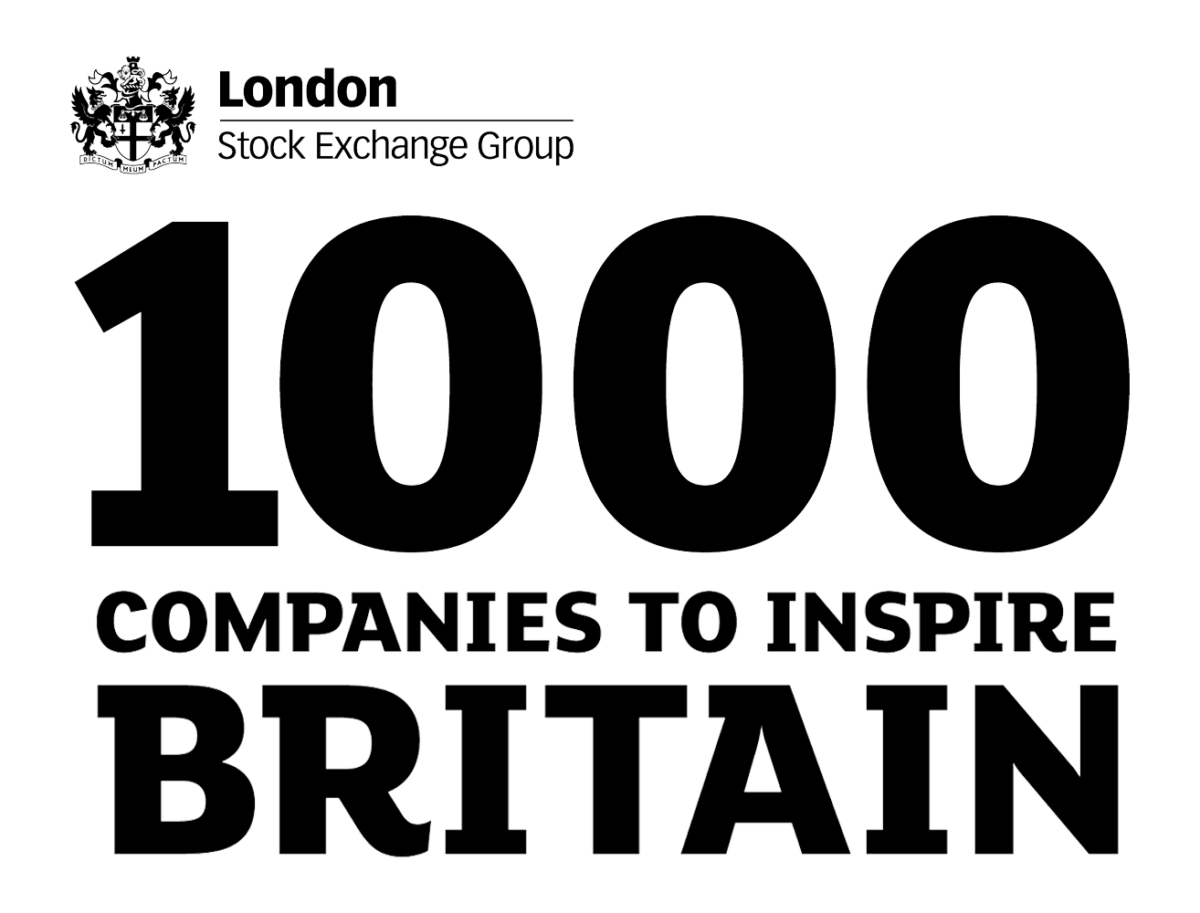
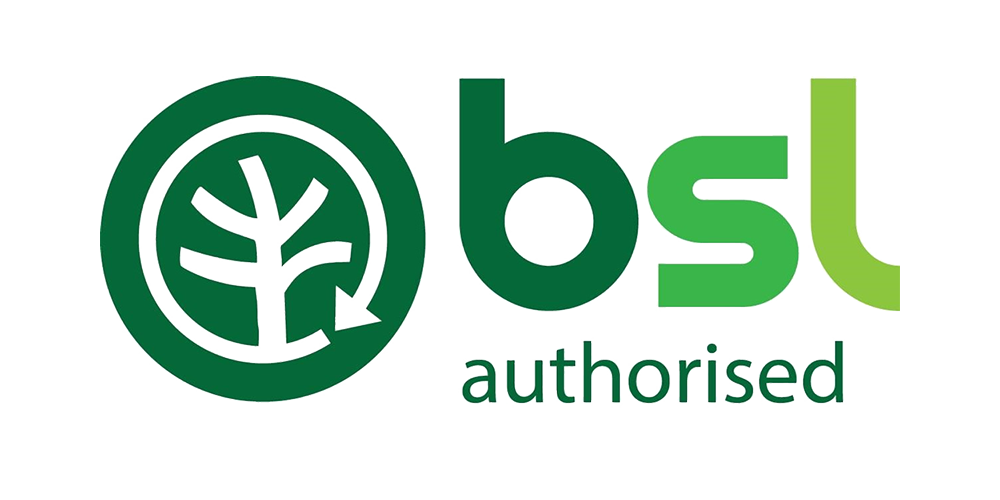







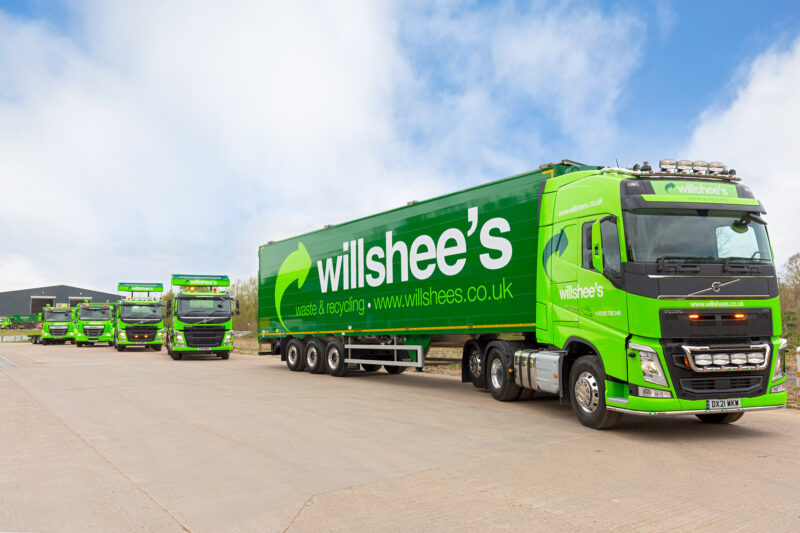
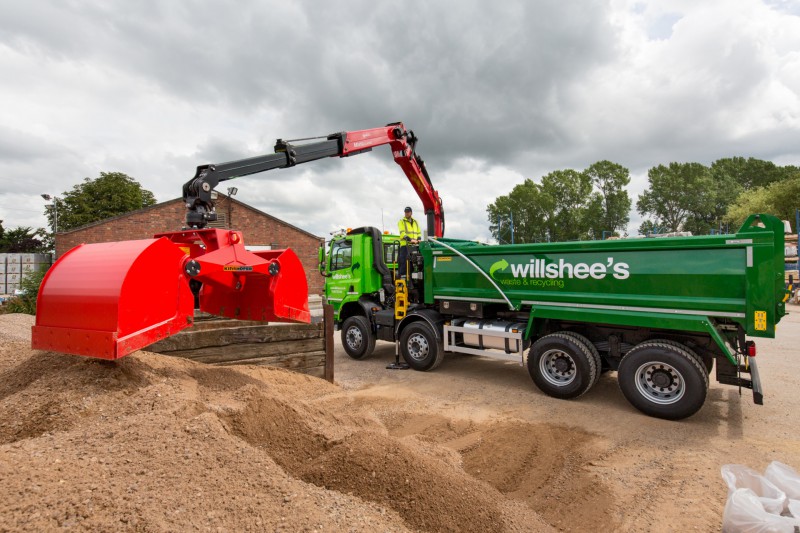

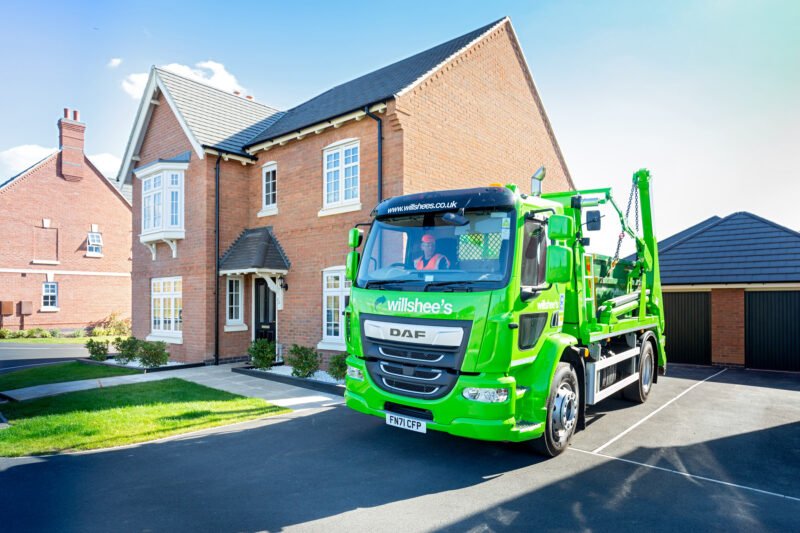
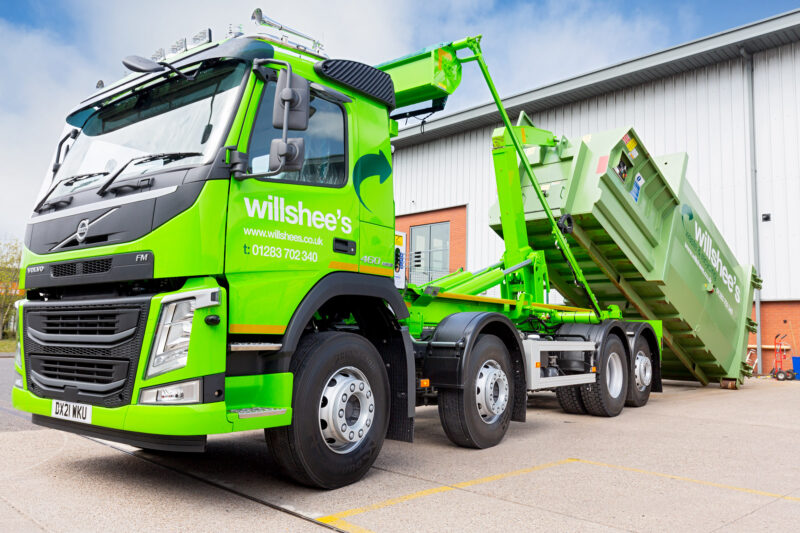
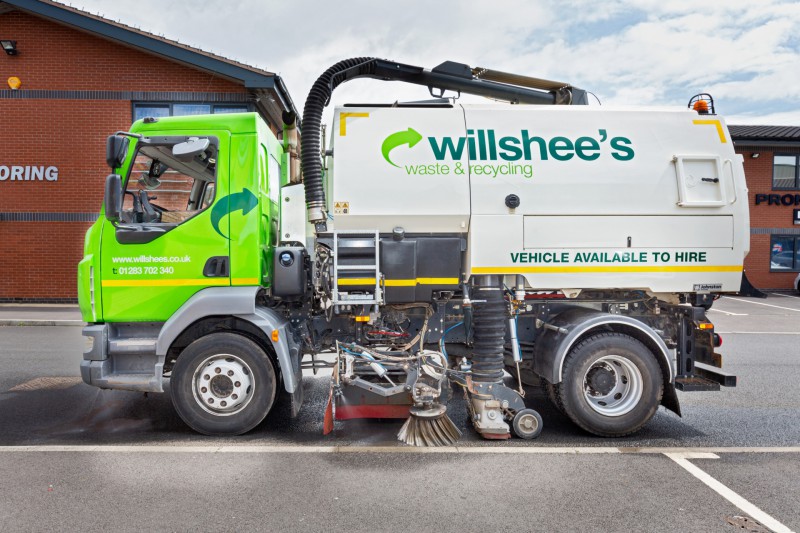
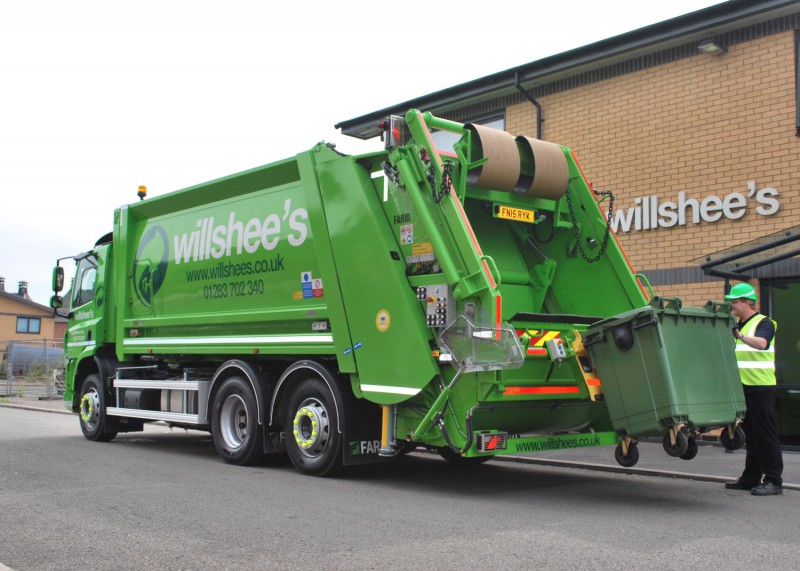
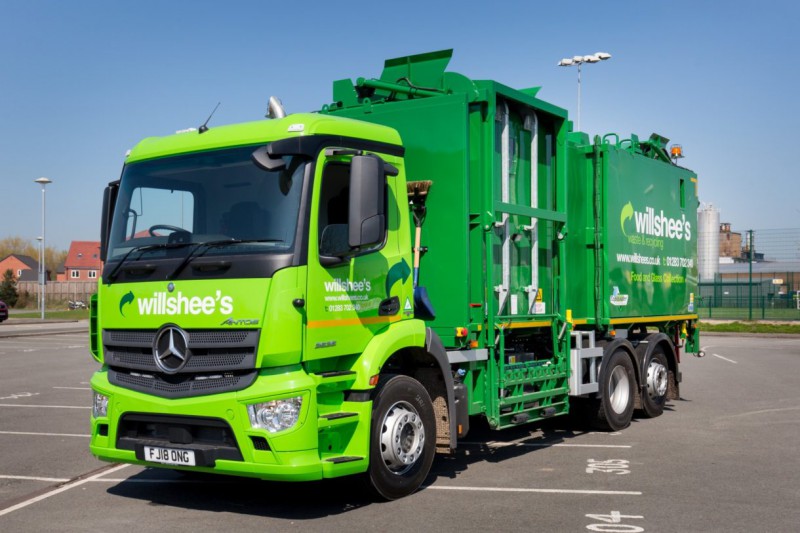
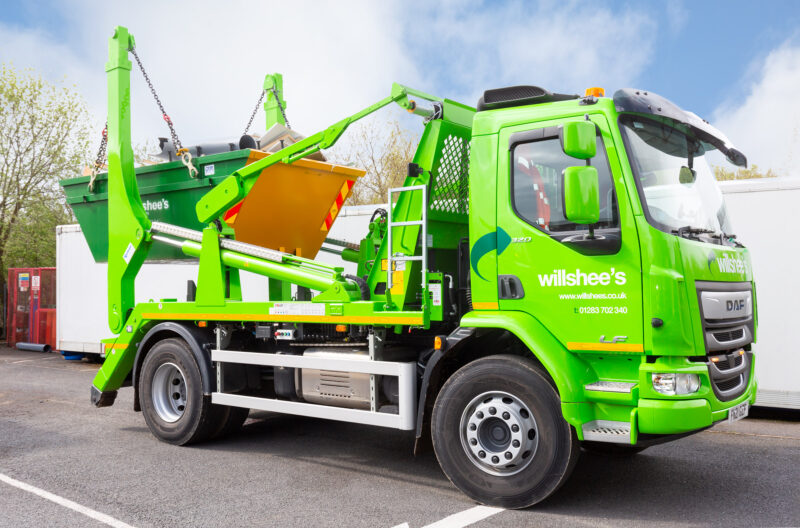
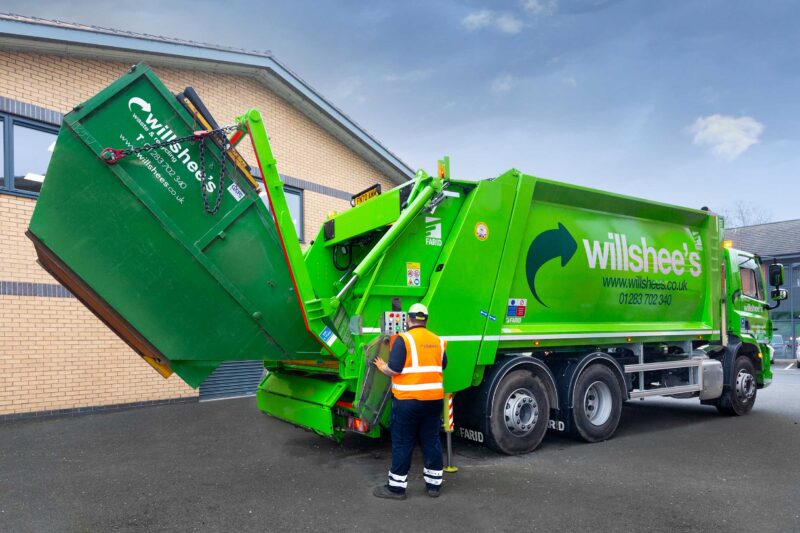
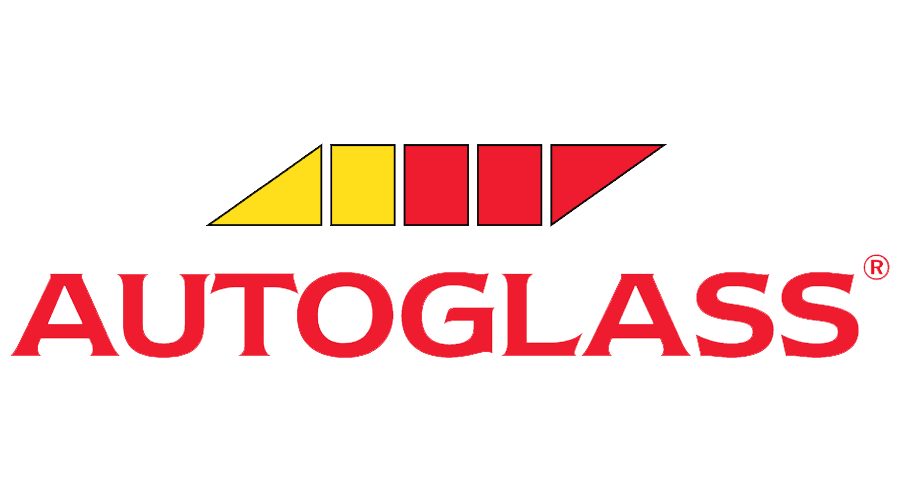
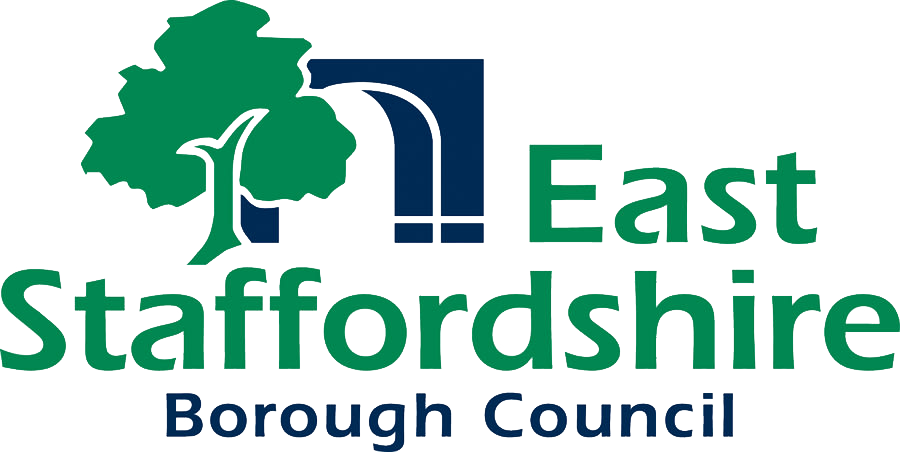


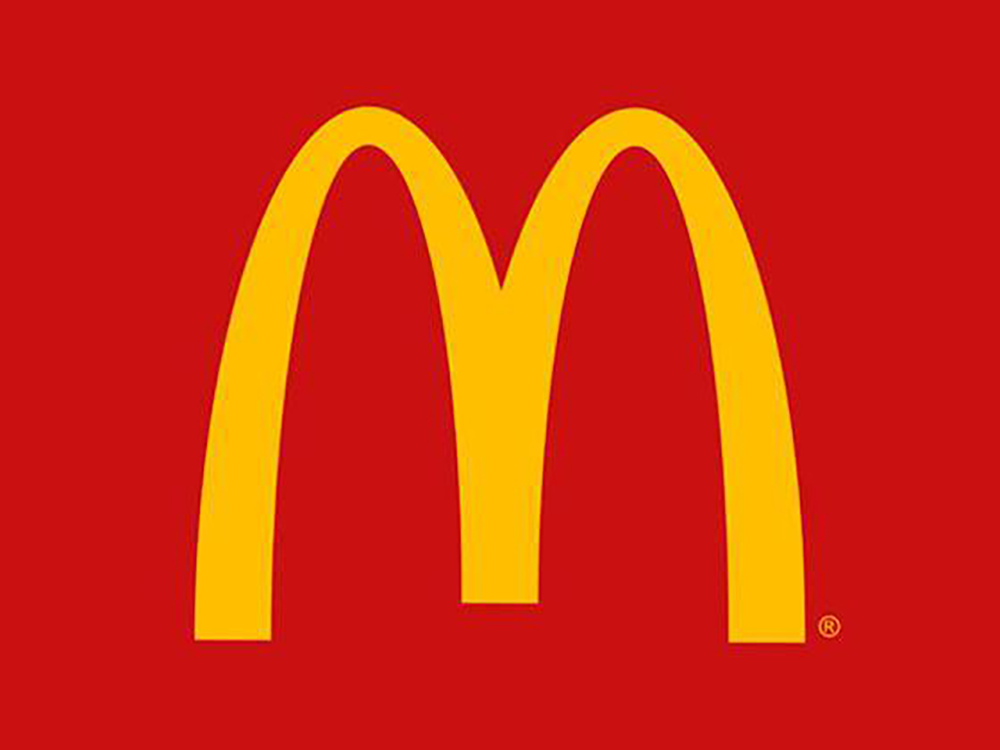
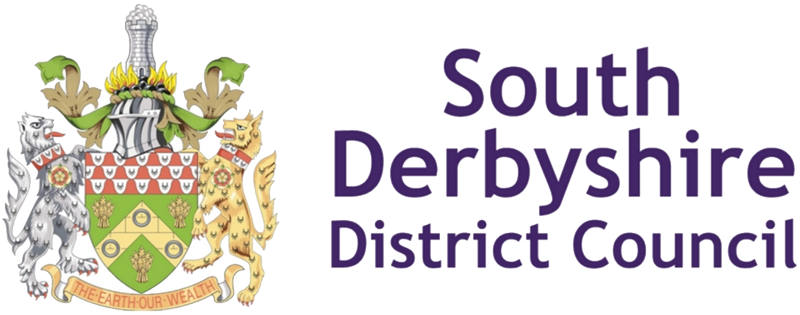
Social